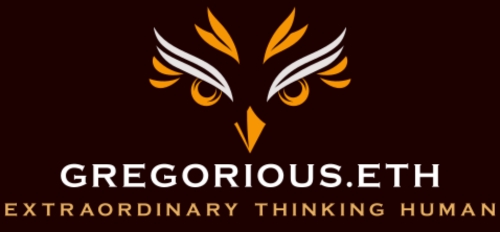
In the dynamic landscape of consulting, the partnership structure of a consulting firm plays a crucial role in its overall success. A well-designed partnership framework enhances operational efficiency and aligns the firm’s strategic goals with its partners’ objectives. Collaborative endeavors, where multiple experts pool their knowledge, resources, and skills, allow firms to deliver comprehensive solutions to clients while maintaining a competitive edge. The success of these partnerships depends heavily on their structure and management. Properly managed partnerships ensure that the combined expertise of all partners is effectively utilized, enabling the firm to offer high-quality, tailored consulting services to its clients.
Clarifying Roles and Duties
Equity Sharing and Payment Structures
Processes for Making Decisions
Methods for Resolving Conflicts
Conflicts are an unavoidable aspect of any partnership. To handle disputes effectively, consulting firms should develop a robust framework that addresses potential issues before they escalate. Mediation, involving a neutral third party, can be instrumental in facilitating constructive discussions between conflicting partners. Establishing a culture of open communication allows partners to voice their concerns early, preventing misunderstandings from growing into larger problems. Implementing structured negotiation techniques and conflict resolution training can also equip partners with the skills needed to resolve disagreements amicably. By fostering an environment where issues are addressed promptly and fairly, firms can maintain a harmonious and productive partnership.
Establishing Effective Communication Lines
Establishing effective communication lines is paramount to the success of a consulting firm partnership. To ensure partners remain informed and engaged, firms should implement regular, structured meetings where key updates, challenges, and strategic initiatives are discussed. These sessions foster transparency and collaboration, allowing partners to align on goals and share insights that drive the firm forward.
Leveraging technology is equally crucial in facilitating efficient communication. With partners often spread across various locations, tools such as video conferencing, collaborative software, and instant messaging platforms can bridge the gap, enabling real-time discussions and decision-making. These tools ensure that all partners, regardless of their physical location, have access to the same information and can participate fully in the firm’s activities.
An effective communication strategy also involves setting clear expectations for the frequency and mode of communication. Whether through weekly video calls, monthly progress reports, or ad-hoc instant messaging, establishing a consistent communication routine helps keep everyone on the same page and prevents miscommunications.
Moreover, fostering an open communication culture within the firm encourages partners to share their ideas, concerns, and feedback without hesitation. This openness not only enhances trust but also enables the firm to address issues promptly, harness diverse perspectives, and innovate continuously. By prioritizing open dialogue and leveraging modern communication tools, consulting firms can create a cohesive, informed, and agile partnership structure that is well-equipped to navigate the complexities of the industry.
Adjusting to Changes in the Market
The consulting industry is continually evolving, and firms must adapt to survive and thrive. A flexible partnership structure allows firms to adjust to changes in the market, including shifts in client needs and industry trends. Strategies for adapting might include investing in continuous learning, exploring new service offerings, or restructuring the partnership to accommodate growth. By remaining agile and responsive to market dynamics, consulting firms can ensure their long-term success and relevance in a competitive landscape.
An adaptable partnership structure is key to capitalizing on emerging opportunities and mitigating risks. Partners should engage in ongoing market analysis to identify trends that could impact the firm’s operations and client services. This proactive approach enables firms to pivot their strategies and offerings in response to market demands.
One effective way to stay ahead is through continuous professional development. Encouraging partners to attend industry conferences, pursue advanced certifications, and participate in training programs ensures that the firm remains at the forefront of industry knowledge and innovation. This commitment to growth not only enhances the firm’s capabilities but also demonstrates to clients that the firm is dedicated to providing cutting-edge solutions.
Additionally, fostering a culture of innovation within the partnership can drive the development of new service lines and business models. By encouraging partners to experiment with novel approaches and technologies, firms can discover untapped markets and improve their competitive edge.
Periodic reviews of the partnership structure itself are also essential. As the market evolves, the roles, responsibilities, and equity distribution within the firm may need to be adjusted to reflect new realities and ensure alignment with strategic goals. This ongoing assessment helps maintain a dynamic and resilient partnership capable of navigating the complexities of the consulting landscape.
In conclusion, a consulting firm’s ability to adapt its partnership structure in response to market changes is crucial for sustained success and growth.
